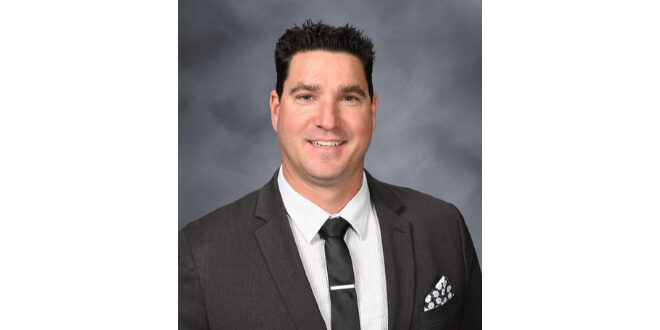By Eric Hofmann
I am the President of Local 132 of the Utility Workers Union of America, AFL-CIO (UWUA). I represent over 4,000 men and women working throughout Southern California to provide safe, affordable, responsive and environmentally responsible natural gas to over 20 million Californians, nearly 6 million households, and one of the largest concentrations of industrial, logistical and commercial activities in the world. The natural gas transport and delivery infrastructure that we operate and maintain, over 100,000 miles of pipelines and equipment, is essential to fueling Southern California. Our work is essential and will be critical and necessary for decades into the future. Our union has been an active proponent of reducing pipeline methane leaks. We sponsored the legislation that made that state policy (SB 1371, Leno) and promoting safety as the highest value in regulating gas service, we sponsored the legislation in 2011 that made that state policy (SB 705, Leno). We are a very diverse workforce, and we value our families and the communities where we live and work as much as anyone.
I am also Chair of the Board of Directors for Californians for Balanced Energy Solutions (C4BES), a broad-based community coalition that seeks to define a constructive role for the natural gas infrastructure and natural gas as a fuel as California moved toward de-carbonizing its economy. C4BES is made up of 24 diverse board members that represent low-income families, labor unions, businesses of all sizes, affordable housing developers, and senior citizens. These board members and their respective organizations want to ensure energy costs remain affordable and that consideration of natural and renewable natural gas is not eliminated by the loudest, most purely ideological voices.
C4BES advocates for approaches and solutions to de-carbonization that emphasize meeting customers’ needs in practical and affordable ways. C4BES has opposed and will continue to oppose approaches to de-carbonization that are misguided, based on false or misleading assumptions or over-heated hyperbolic rhetoric. This includes a simple-minded identification of de-carbonization with electrification of end uses in all applications, especially domestic uses (heating, water heating, and cooking) and industrial, logistical, and energy supply applications. This approach threatens to exacerbate existing inequities in California, including raising the cost of housing and of heat, light, and power generally.
We support methane and carbon capture utilization and sequestration; hydrogen fuel-production, transport, and use; and generally adapting and using the existing pipeline infrastructure to contribute to fueling California. We are agnostic about the respective roles in electricity supply of renewables (geothermal, hydro and pumped storage); intermittent renewables (wind and solar); storage (short duration and hypothetically speaking-long duration); carbon-free (large hydro and nuclear); and combustion of gas, gas-hydrogen mixes, hydrogen or biofuels.
Some electrification proponents, threatened by the discussion of a rational and balanced approach to California energy supply, have tried to change the subject by avoiding a conversation on the merits and demerits of electrification of end uses and attempting to mischaracterize C4BES as an astroturf operation funded by Southern California Gas. SoCalGas is a member of the C4BES Coalition but not a dominant member. The expertise available to SoCalGas is a valuable part of the dialogue going forward and should not be muzzled, any more than it should be privileged.
We want to ensure the future of California’s energy portfolio is one that is properly balanced, affordable, reliable, resilient, and safe. Keeping our options open, including preserving a tight, leak-less infrastructure to optimize all forms of renewable energies, is a good way to dramatically reduce GHG emissions. This, along with appliance efficiency programs from the State and other sectors for low-income communities can provide a meaningful pathway to a cleaner and greener California, not to mention keeping Union jobs. These good-paying Union jobs contribute right back to the overall health and fairness of the California economy. The issues are important to ensuring that California makes meaningful greenhouse gas reductions. They are important to ensure that state and local energy policies don’t further exacerbate the inequities in our state.
 IE Business Daily Business news for the Inland Empire.
IE Business Daily Business news for the Inland Empire.



What is renewable gas as in paragraph 2? If we have 100,000 miles of gas pipeline why don’t you build pipelines from the eastern and mid states to transport all the flood water which they suffer from every heavy rain event and transport the excess water to here in California where we could store it in reservoirs and storage tanks instead of having droughts and conservation practices. Could it be that transport of fossil fuel is well funded more so than water conservation? Would transporting water fall into balanced conservation?